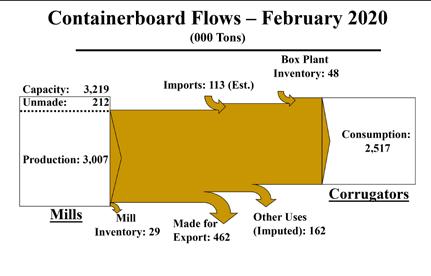Strength in Numbers
Recession Planning 101 BY MITCH KLINGHER
I
t is now time for all businesses to make the tough decisions that could impact their futures greatly. There are many hazards and some potential opportunities that a significant downturn in the economy present to small and medium-sized businesses, and the decisions that you make now can give you a big boost going forward. The following are a couple of the basic principles associated with recession planning: • Cash is king. Notwithstanding all that the Federal Reserve is doing to inject funds into the banking system, liquidity is always the biggest danger in a recession. Operating losses will hurt you in the long run, but the inability to meet a payroll or obtain supply of key materials will put you out of business immediately. • Bad debts due to bankruptcies and other insolvency proceedings are a triple disaster. • Consider right-sizing your company under the cover of a recession. • Recessions are usually a bargain hunter’s delight. • You should be firming up your lending relationships and borrowing money that you need before the credit markets are closed for business. • When the economy is bad, it’s usually a good move to show some love to your key suppliers and employees. • Recessions are a time for serious introspection, updating strategic objectives, reviewing tactical and operating plans, and updating organizational goals and objectives. • And for those of you with strong balance sheets and minimal or no operating losses, this could be the best
56
BOXSCORE May/June 2020
time to go on offense: new equipment, new marketing programs, new lines of business, and anything else that was on your wish list. Let’s take a little deeper dive into some of these bullet points. Building Up Cash Reserves Having a lot of liquidity when those around you are starved for cash can give you an advantage in many ways. Conversely, not having enough cash during a serious downturn can be fatal to your business. My advice is to build up your cash reserves as soon as possible, while you are still able to do it. Current conditions have given most converters some new ways to build up cash: • Recent legislation allows you to postpone paying the employer share of FICA tax until January with no penalty, so for every $100,000 of payroll, you can delay paying $7,650 in payroll taxes. Depending on the size of your company, this can be a pretty tidy sum. • The Federal Reserve has instructed banks to agree to forbear collecting debt payments for a few months, which can also be a significant amount of money.
• Consider drawing down on credit lines now, because it may be difficult to draw down on them a few months from now. • Talk to venders about extending the term for early payment discounts. • Recent tax legislation also allows you to defer the payment of certain retirement obligations.
The ‘Triple Threat’ of Bad Debts 1. First, you will lose the balance that you are carrying in accounts receivable. 2. It is likely that whatever inventory you have on the floor for that customer will be worthless. 3. You may be the subject of a “preference” action, whereby you will be sued under the authority of the bankruptcy court for all of the payments that you received from the debtor for the 90 days prior to their filing for bankruptcy. You will have to defend against these actions, which means hiring an attorney and making sure that you have defenses against these actions. I can tell from experience as a former trustee in a bankruptcy case, most of you won’t be able to
















